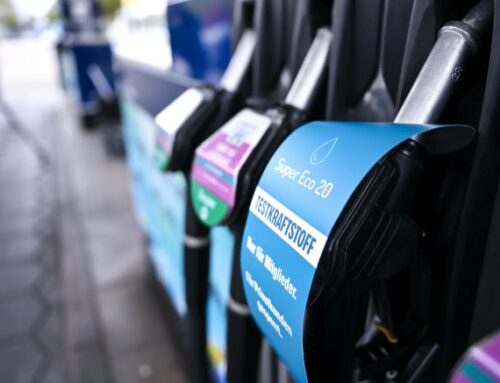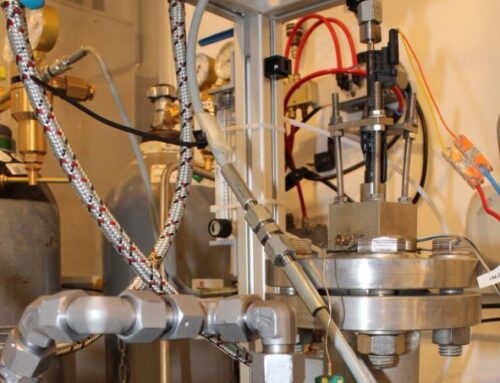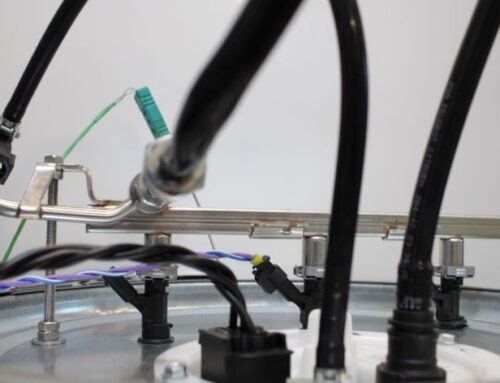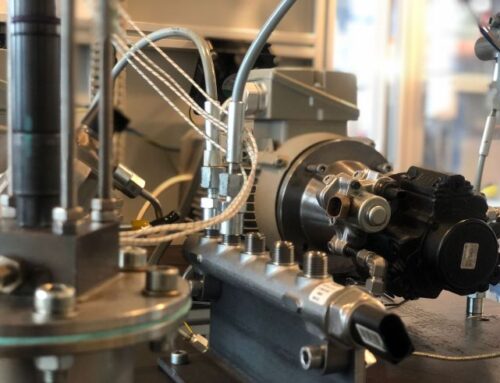09 December 2019 –
Innovation network as multiplier
Tec4Fuels GmbH has become a member of the Forschungsvereinigung für Verbrennungskraftmaschinen e.V. (FVV) (Research Association for Combustion Engines) in November 2019. Against the background of various efforts to defossilise drives, Tec4Fuels sees starting points for contributing the company’s experience and know-how in the field of liquid conventional and alternative fuels to working groups, conferences and research projects of the FVV. At the same time, Tec4Fuels can benefit from the know-how already gained in many FVV research projects. In addition, the FVV network can be an important multiplier for Tec4Fuels activities.
The FVV is a worldwide innovation network of companies, research institutes and sponsors. In the FVV, the manufacturers of vehicle engines, industrial engines and turbomachinery as well as their suppliers and development service providers work together with universities and other research institutions on cutting-edge technologies within the framework of joint industrial research (IGF). The aim is to operate internal combustion engines – internal combustion engines, hybrids, turbomachinery – and fuel cells even more efficiently, cleanly and sustainably – to the benefit of society, the environment and industry.
A core competence of Tec4Fuels lies in the development and implementation of suitable test procedures for the qualification of fuels, additives, materials and components. This also includes consulting services on the use of conventional and alternative (synthetic and biogenic) fuels in existing and newly developed application technologies. Tec4Fuels’ test methods make an important contribution to optimizing the storage and usability of liquid fuels as well as the operational safety and service life of components and systems. Tec4Fuels’ customers include companies from the automotive industry and its suppliers, heating and turbine manufacturers, as well as manufacturers and operators of thermoprocessing equipment. Their aim is to develop new parts that are compatible with the use of an increasing range of fuels, such as light fuel oil, gasoline and diesel, and blends with alternative fuels.





